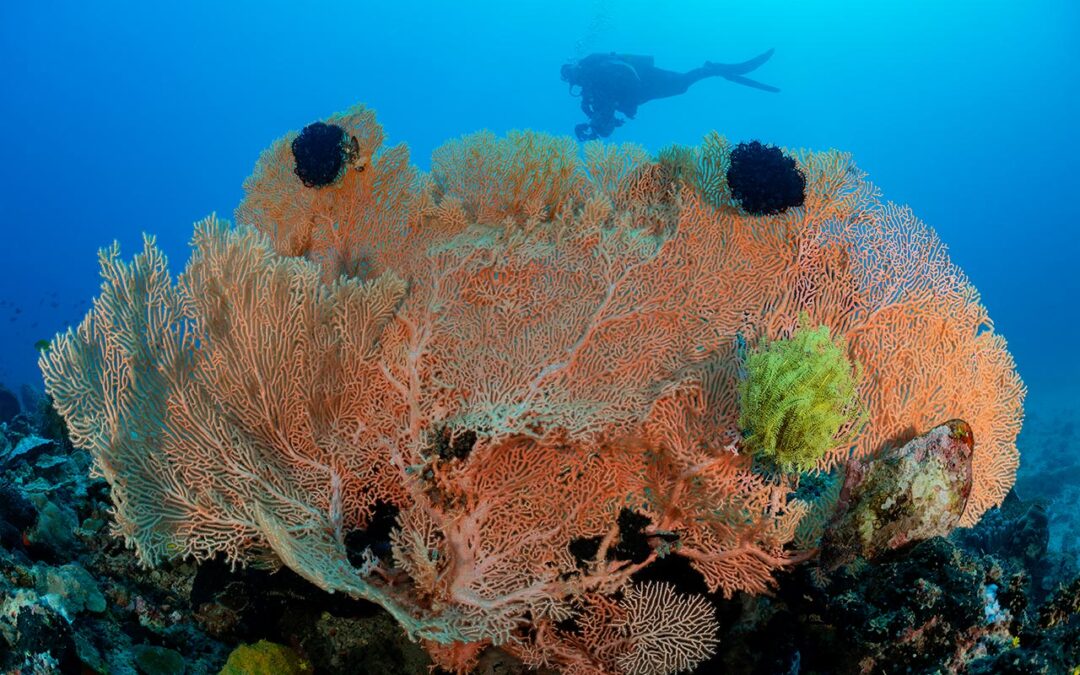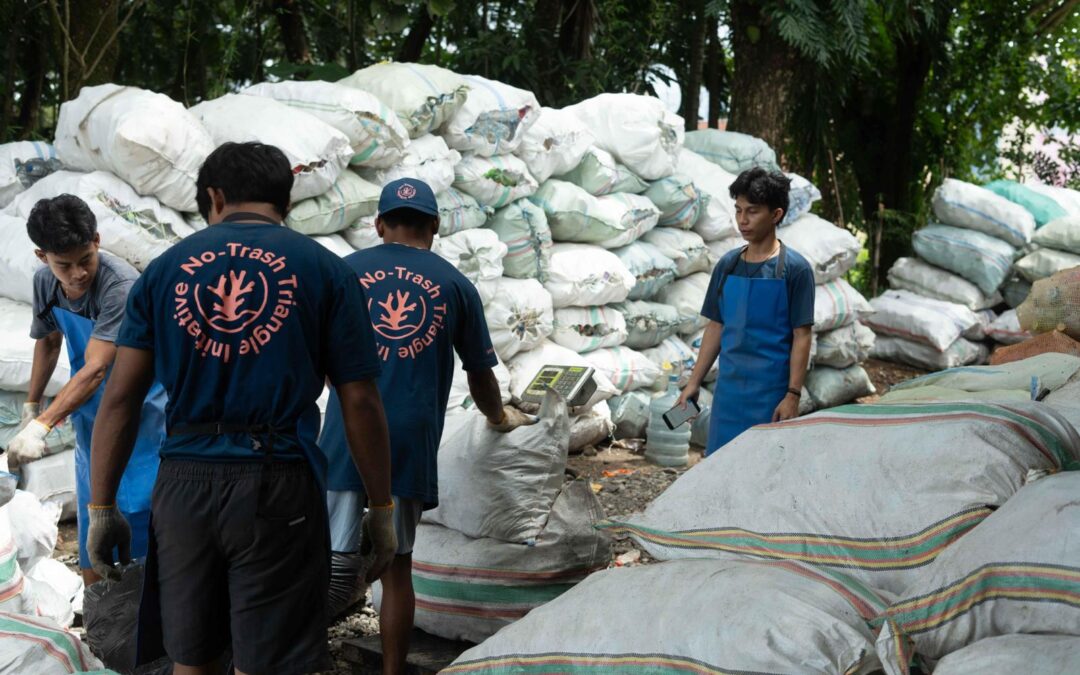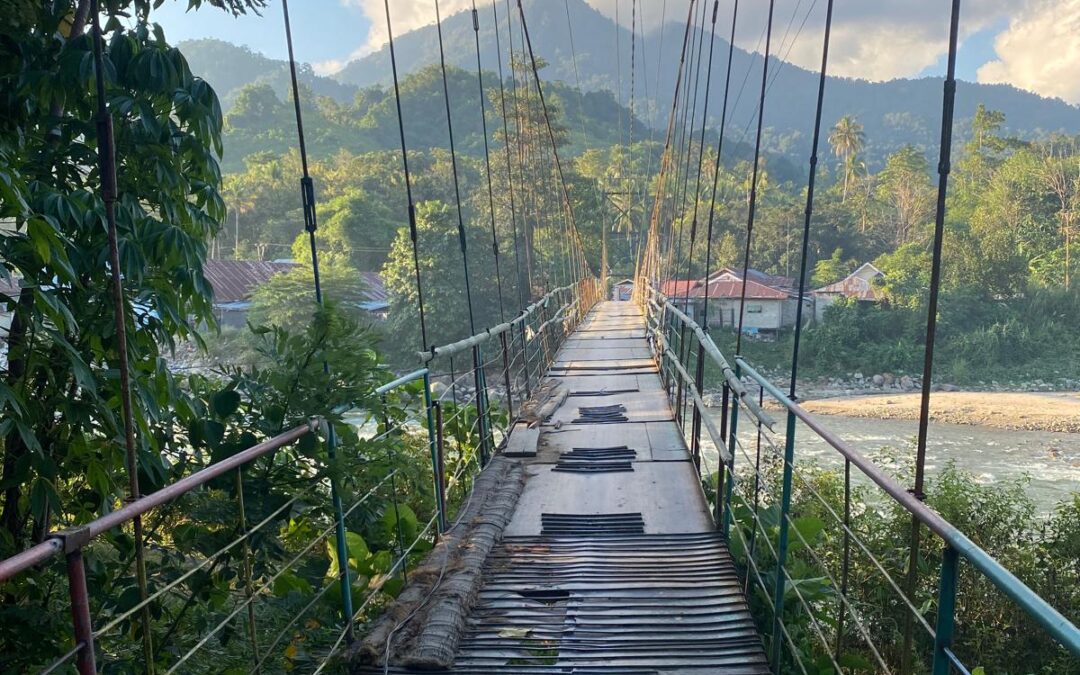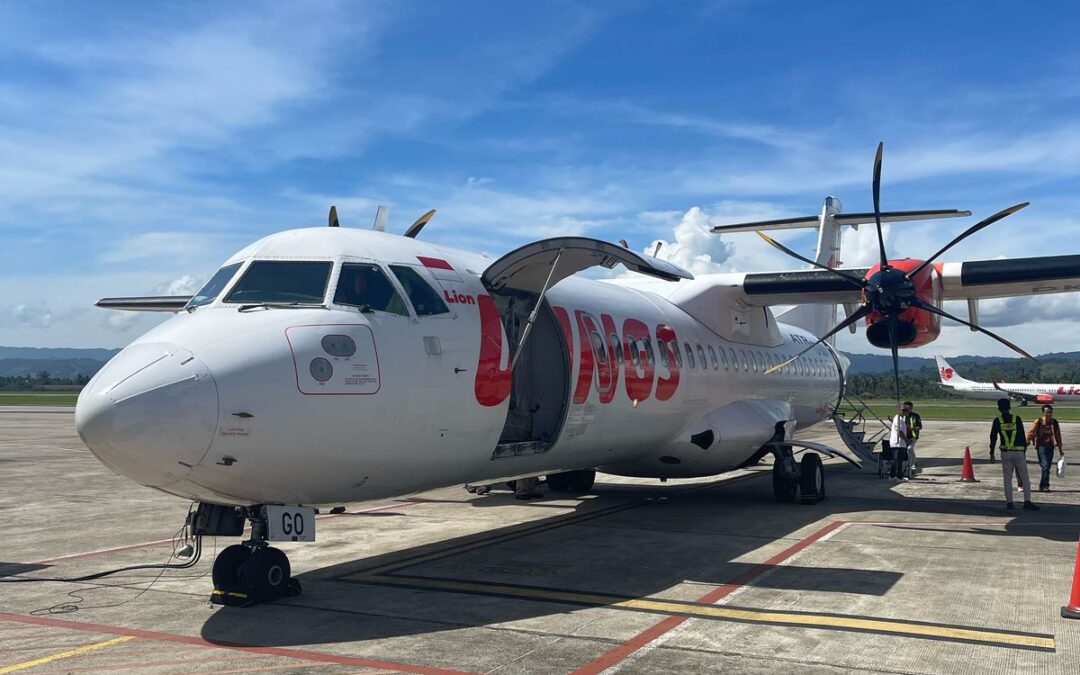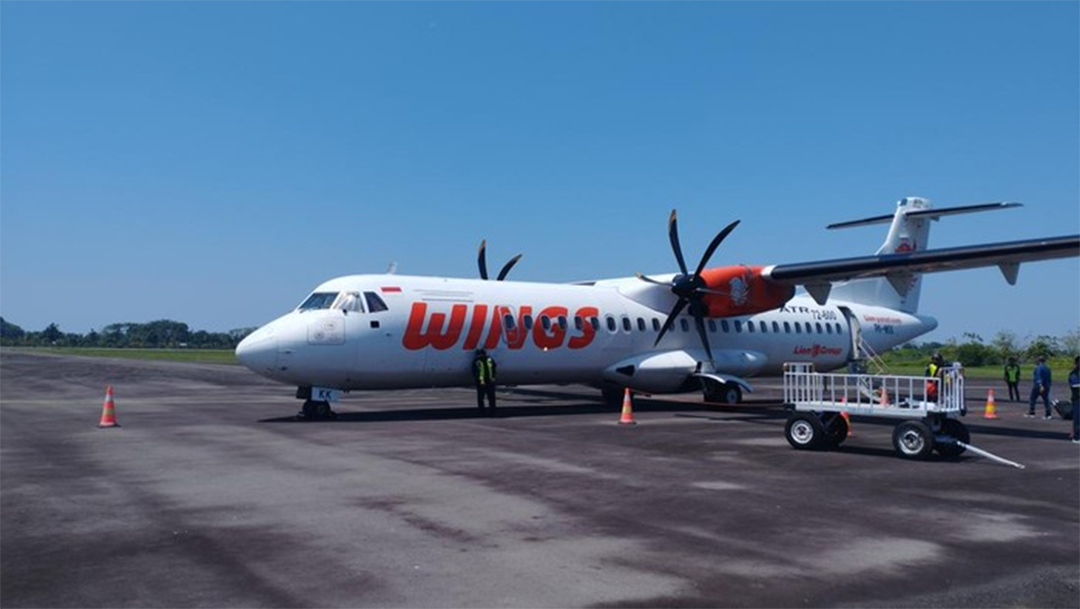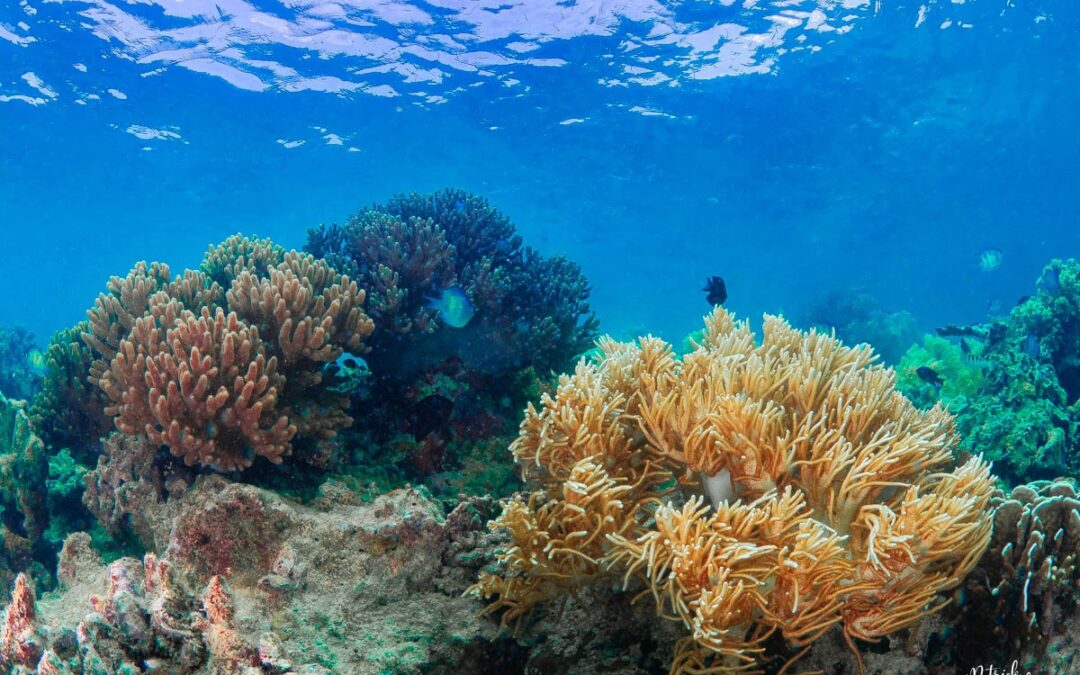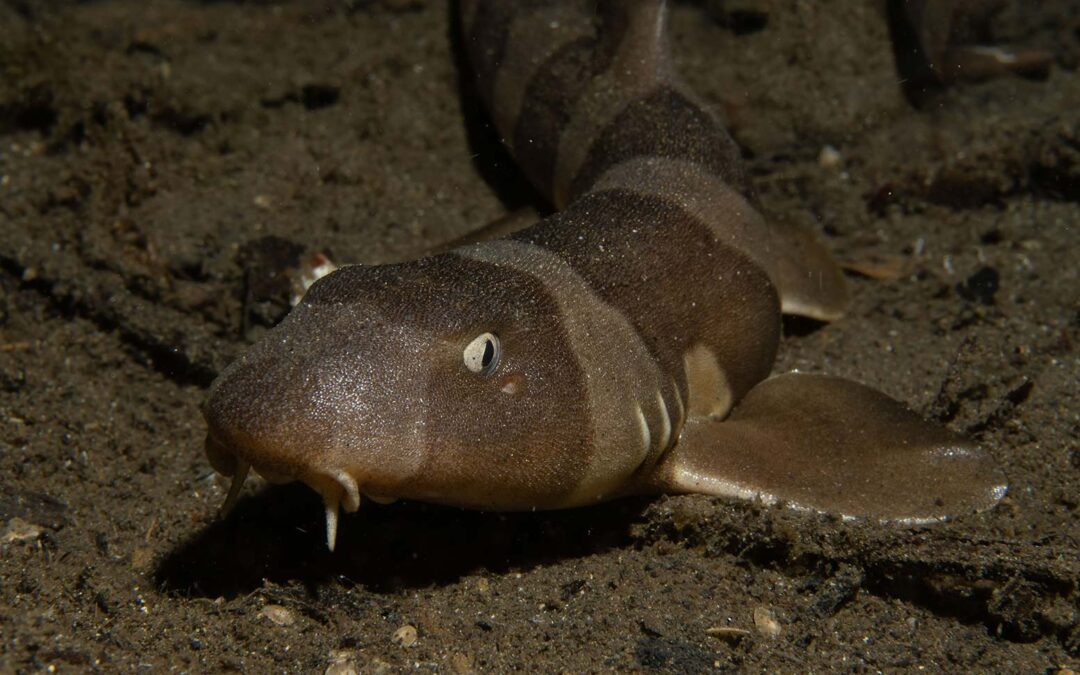Saronde Island Resort is the only Resort in North Gorontalo with International Tourism Facilities and we are not only able to enjoy the beauty of pure nature without many other tourists or divers, here we have a huge potential and great responsibility for promoting environmental protection, community development, and sustainable tourism practices.


Saronde Island Resort starts already with two major environmental projects:
1) The first Wastemanagement activities are implemented. We motivate members of the local communities here in North Gorontalo to keep and collect plastic waste. We are committed to pay per collected Sack 20.000 IDR . herewith we start to educate the communities about wastemanagement and additionally produce an alternative income for the local communities.
2) Marine Protected Area – The primary goal of MPA is to conserve marine ecosystems and biodiversity and support sustainable fisheries. The local authorities in Saronde and North Gorontalo are committed to help to install a protected area in the saronde archipelago. We cooperate with Navy and Marine Police to patrol and protect the ocean around Saronde against illegal fishing. We are just starting but an MOU is signed and patrol activities are starting already.

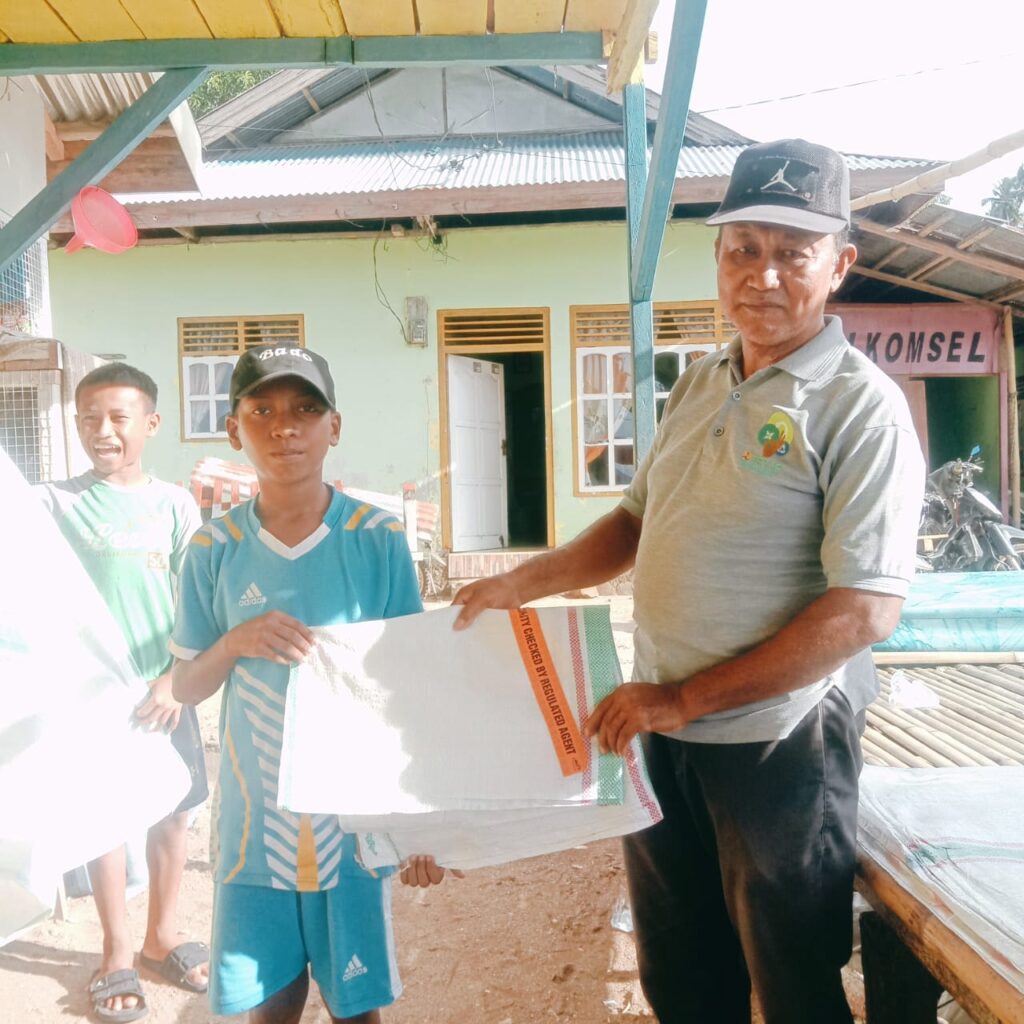





Tourism in less touristic and remote areas of Sulawesi, Indonesia, offers several benefits for both the environment and local communities. We are at the beginning , much is to do , but we are convinced, here in North Gorontalo we have a big chance to get sustainable tourism implemented and change a bit for our planets nature.
Here are again the benefits Tourism in remote areas for the environment:
Community Empowerment: Ecotourism projects can create opportunities for local communities to participate in sustainable development initiatives, such as providing eco-friendly accommodations, guiding services, and selling locally-made crafts and products.
- Cultural Preservation: communities in remote areas often have rich cultural traditions and knowledge about the environment. Ecotourism can help preserve these traditions by encouraging cultural exchanges between visitors and locals while respecting indigenous rights and customs.
- Economic Benefits: By attracting tourists to remote areas, ecotourism can generate income for local communities through tourism-related activities, thus reducing reliance on environmentally harmful industries such as logging or mining.
- Education and Awareness: Ecotourism provides opportunities for visitors to learn about the importance of environmental conservation and sustainable living practices. This increased awareness can lead to more responsible behavior both during their travels and in their everyday lives.
- Infrastructure Development: Developing ecotourism infrastructure, such as trails or and waste management systems, can also benefit the local community by improving access to essential services and enhancing overall quality of life.

